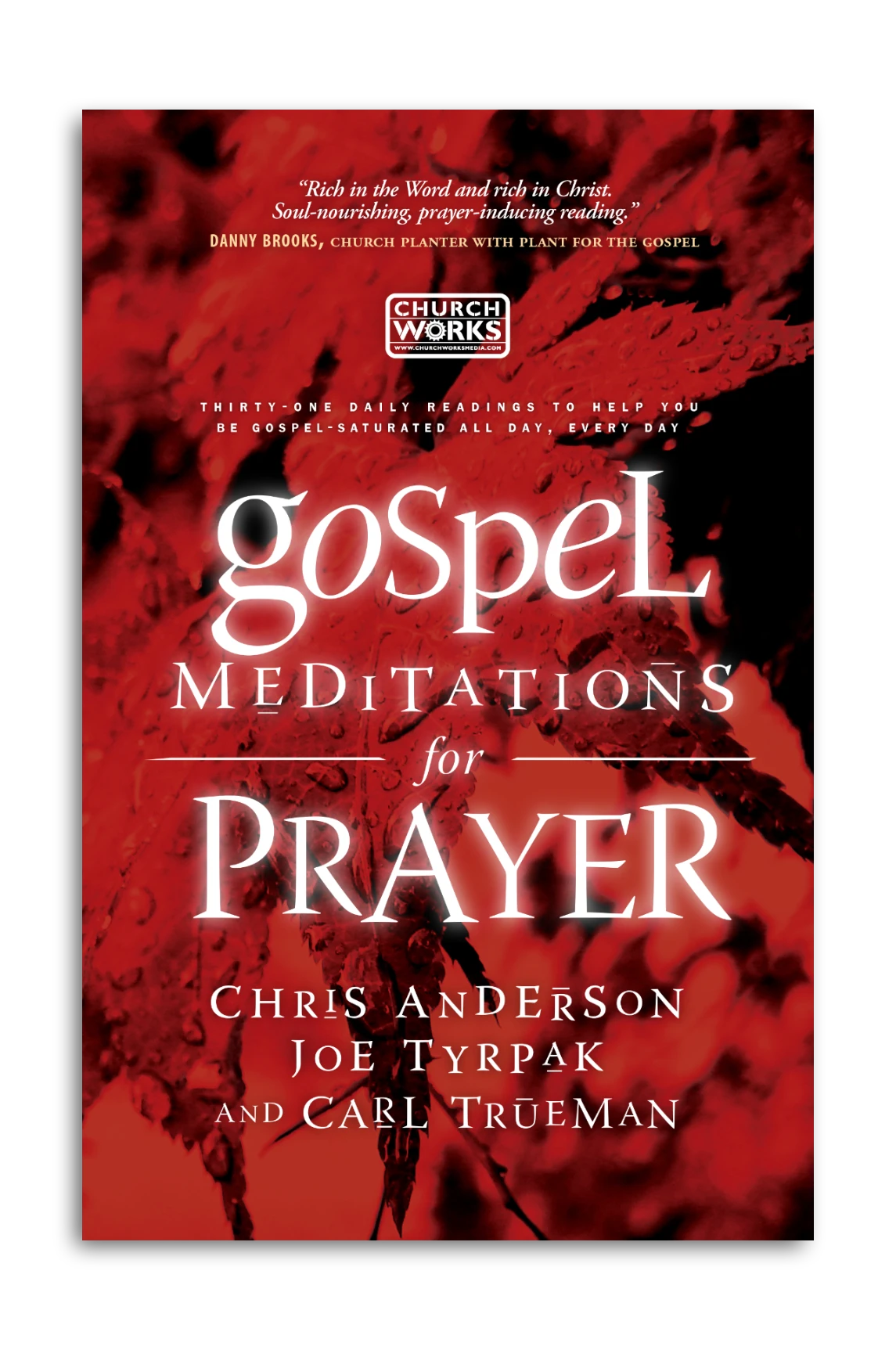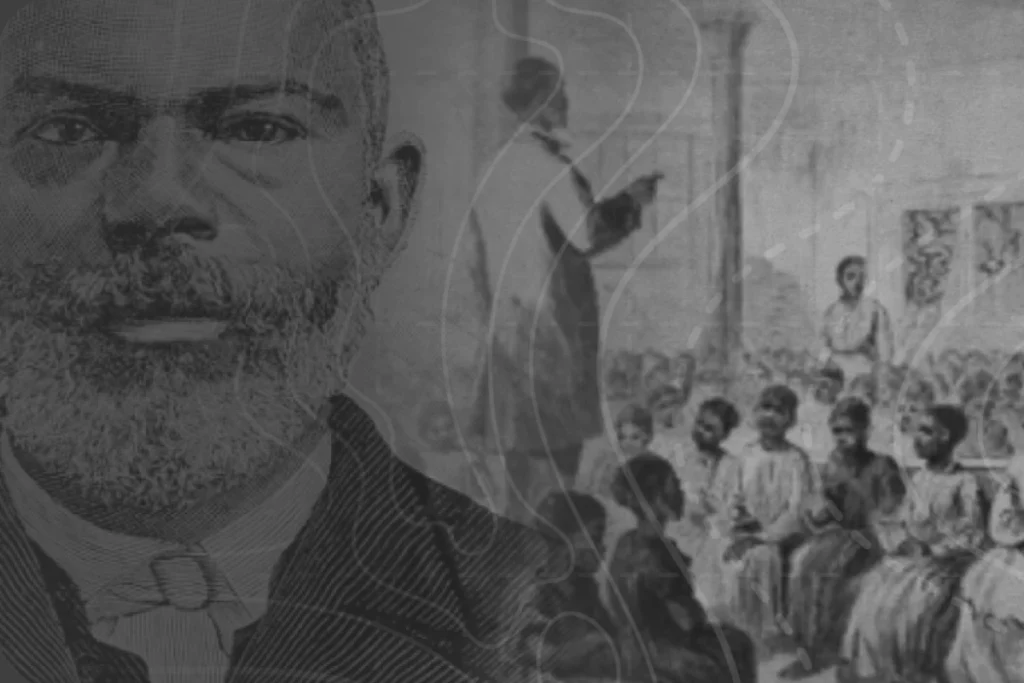
Blog
The Awesome Privilege of Praying to the Father

This post by Chris Anderson comes from Gospel Meditations for Prayer (Day 4: “Pray to the Father”).
“Your Father knows what you need before you ask him.” (Matthew 6:8)
In Matthew 5–7 the Lord Jesus introduced the “platform” of His kingdom. He didn’t speak of defense, or taxation, or healthcare. He spoke against hypocrisy (“be not as the hypocrites”) and in favor of private piety (“go into your closet”). He spoke against religious formalism (“you have heard”) and in favor of heart righteousness (“but I say unto you”). He spoke against materialism (“you cannot serve God and money”) and in favor of spiritual investment (“seek first the kingdom of God”).
All the while, again and again and again (sixteen times in the three chapters), He pointed His hearers to God as their heavenly Father, especially in His instructions about prayer: “Pray like this: ‘Our Father in heaven.’” Generally speaking, biblical prayer is directed to God the Father—which is amazing. Think about it:
When we say, “Our Father,” we pray to a God Who is great.
The audience of true prayer is God—not our peers, despite the perverse performance of hypocrites who use prayer as a stage (Matthew 6:1, 6, 18). We make too little of this astounding idea: In prayer we are addressing God, Who is in heaven. He is transcendent, far above us. And yet…
When we say, “Our Father,” we pray to a God Who is relational.
The God to Whom we pray is knowable—a Father. Beyond that, He is ownable—our Father. Prayer is principally the enjoyment of God Himself. We seek His face, not just His hands. We delight in His presence, not His presents, as A.W. Tozer states so unforgettably in The Pursuit of God: “Lift up [your] heart unto God with a meek stirring of love; and mean Himself, and none of His goods.” Prayer is relationship, not just requests.
When we say, “Our Father,” we pray to a God Who is attentive.
Jesus repeatedly reminds us that our Father knows what we need. This, Christ says, should end anxiety. God has a track record. For thousands of years He has made the sun rise on the evil and the just. For thousands of years He has clothed the fields. For thousands of years He has fed the birds. And we matter more. Though He delights in our requests, we don’t need to inform Him. He knows what we need.
When we say, “Our Father,” we pray to a God Who is generous.
God is benevolent. He delights to reward His children (Matthew 6:1, 4, 6, 18). He gives only good gifts (Matthew 7:7–11). Jesus says that the example of our earthly fathers should teach us as much. Jesus’ allusion to earthly fathers reminds me that as kind as my dad is, I have a far greater Father. For others, tragically, Jesus’ allusion brings to mind a negligent or abusive father. In either circumstance, however good or bad our earthly father may be, we have a perfect heavenly Father.
When we say, “Our Father,” we pray to a God Who is forgiving.
Jesus tells us to ask our Father to forgive us. The Father is glad to answer such requests—but only from His children. Not all people have the joy of calling their Creator their Father, and not all people have the relief of forgiven sins. Only those who have repented of their sins and trusted Jesus Christ as Savior can address God as “Father” (John 1:12). Those who don’t yet know Christ are instead called children of this age (Luke 20:34), children of disobedience (Ephesians 2:2), children of wrath (Ephesians 2:3), children of darkness (1 Thessalonians 5:5), and even children of the Devil (John 8:44). If you know Christ, rejoice that He has made His Father yours. And if you don’t yet know Christ—what are you waiting for?
Only those who have repented of their sins and trusted Jesus Christ as Savior can address God as “Father”
Father, thank You for knowing us and loving us anyway. Thank You for adopting us and treating us as Your beloved children. What astounding love! We love You in return, and we pray that others will as well. Amen.
Explore the whole book!
Our need for God’s grace is an ever-present reality, and so then is our need for prayer! Out of their experiences of Bible study, and sin, and confession, and anxiety, and dependence, the authors of Gospel Meditations for Prayer present 31 expositions of Scripture to inform and inspire Christians about the privilege of communing with God through the Lord Jesus Christ.













